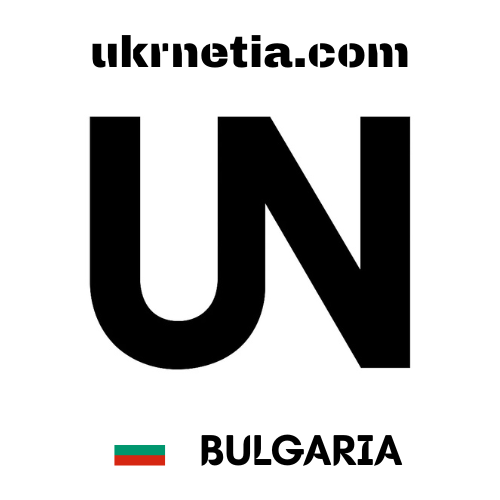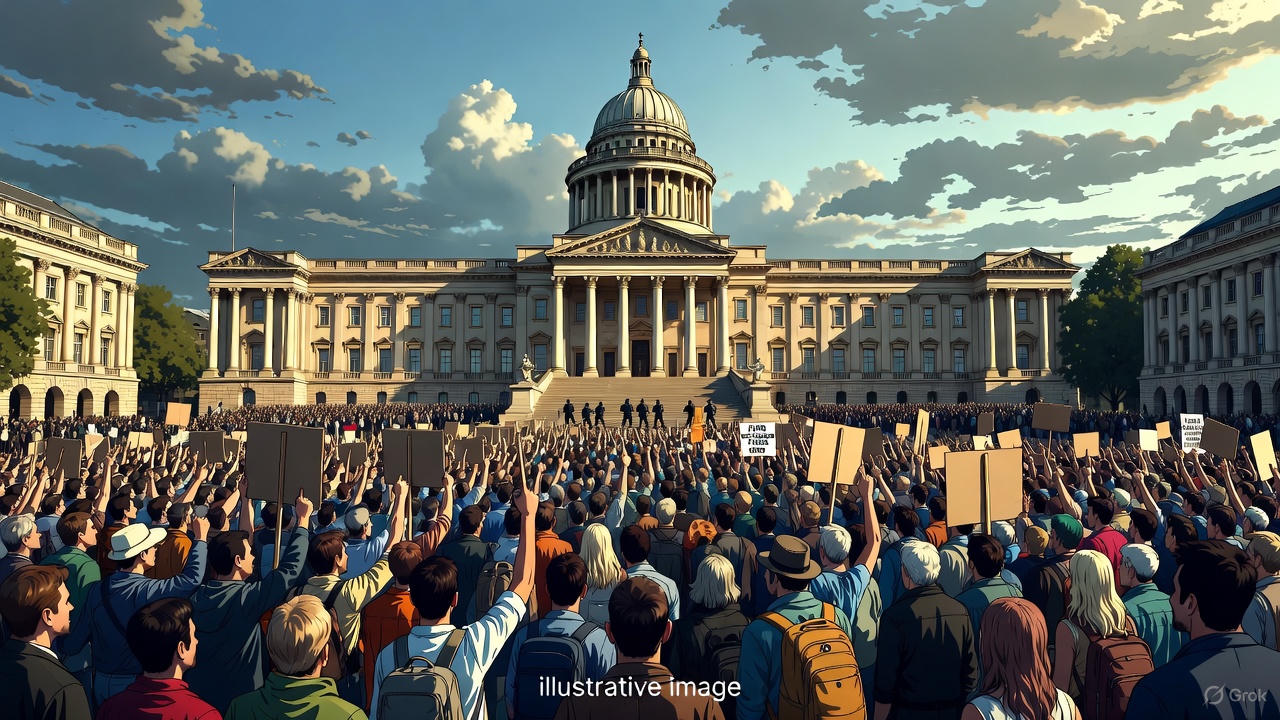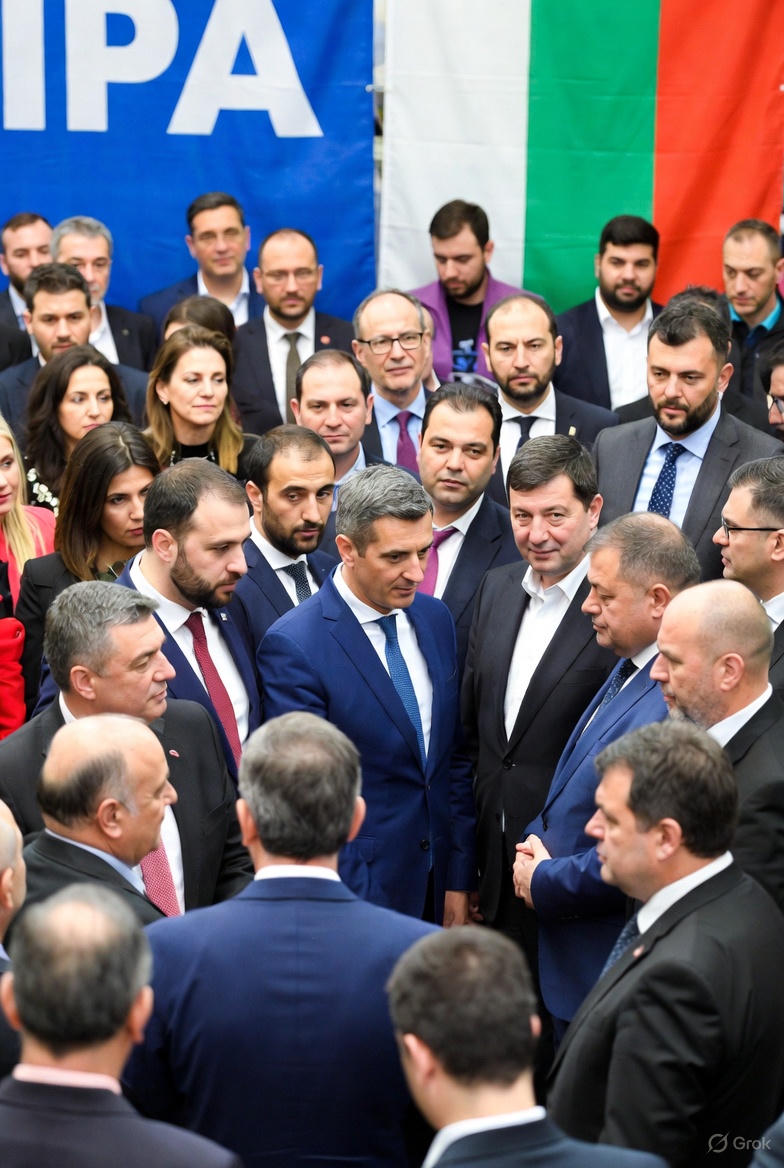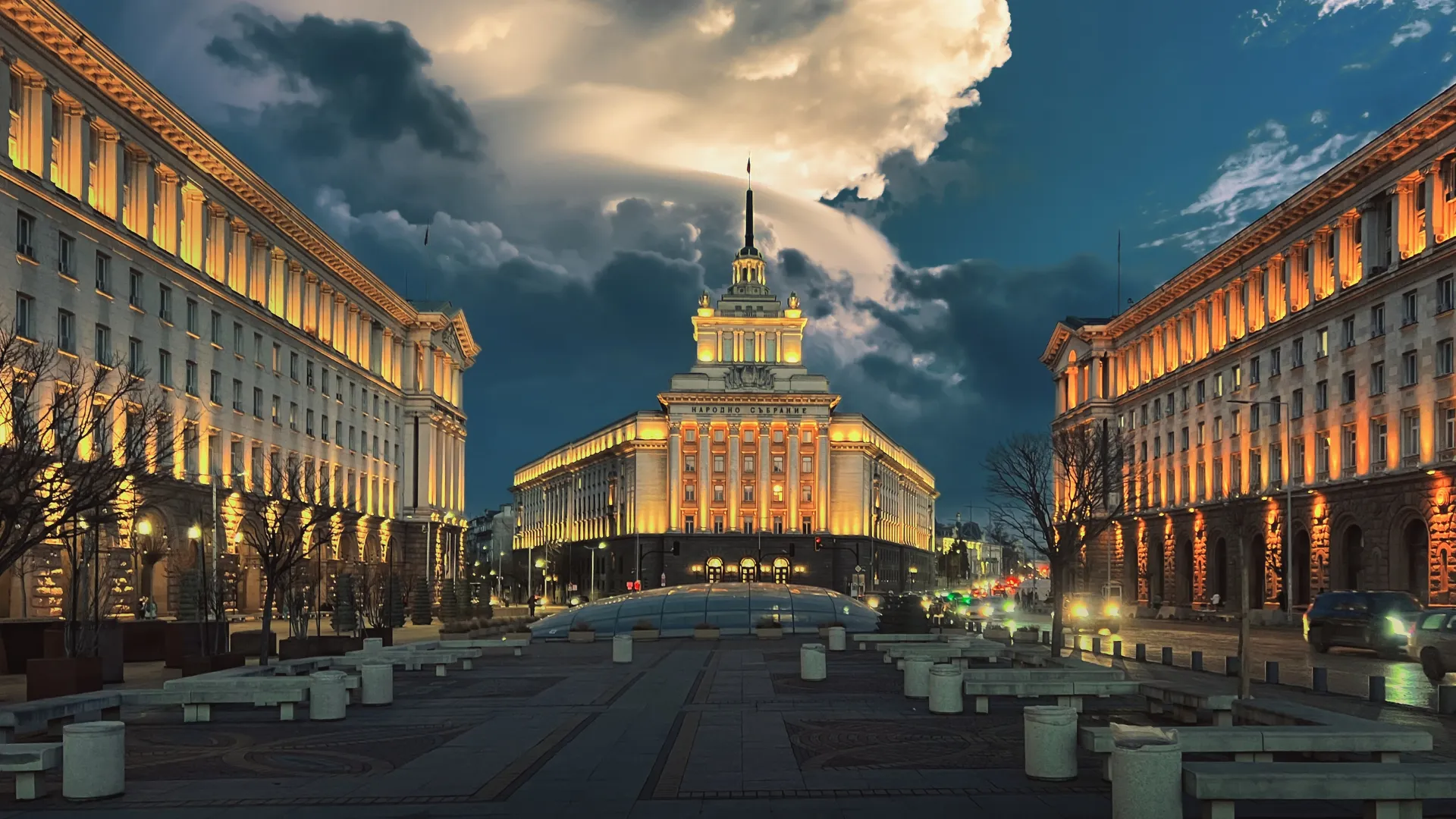Bulgaria’s Geopolitical Balancing Act: EU, NATO, and Russian Influence
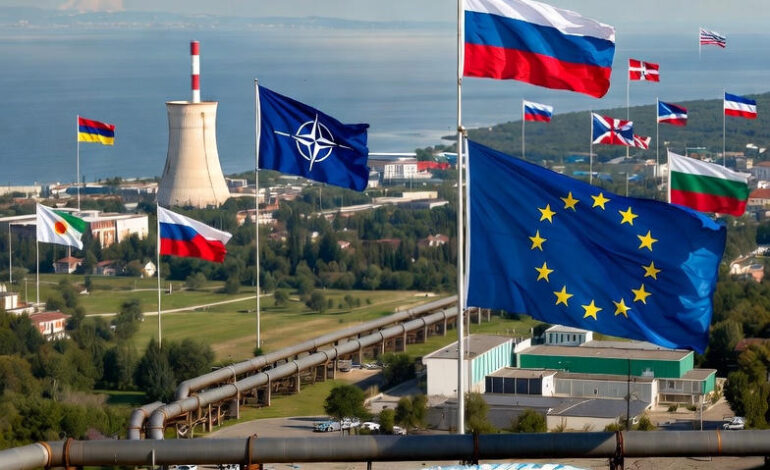
Nestled at the crossroads of Europe and the Black Sea, Bulgaria occupies a precarious geopolitical perch, straddling the fault lines of Western integration and lingering Eastern affinities. As a full member of the European Union since 2007 and NATO since 2004, Sofia has staked its future on Euro-Atlantic institutions that promise security, economic prosperity, and democratic consolidation. Yet, historical bonds with Russia—forged through centuries of cultural, linguistic, and economic ties—persist as a gravitational pull, complicating the nation’s alignment. The ongoing war in Ukraine, now in its fourth year as of November 2025, has sharpened these tensions, forcing Bulgaria to navigate a minefield of energy vulnerabilities, alliance obligations, and domestic divisions.
This balancing act is no abstract exercise. Energy dependence on Russian supplies, once near-total, has fueled economic anxieties and political debates. NATO commitments demand robust support for Ukraine and enhanced deterrence along the eastern flank, while public sentiment remains a mosaic of pro-Western resolve and nostalgic Russophilia. Drawing on recent developments—such as U.S. sanctions on Lukoil that threaten Bulgaria’s fuel security and NATO’s push for 5 percent GDP defense spending by 2035—this analysis dissects how these forces shape Sofia’s foreign policy. The stakes are existential: failure to calibrate this equilibrium risks economic isolation, alliance fatigue, or even hybrid threats from Moscow.
Historical Ties: The Shadow of Brotherhood
Bulgaria’s relationship with Russia is etched in the annals of shared Slavic heritage and mutual liberation struggles. In the 19th century, Russian intervention helped free Bulgaria from Ottoman rule, cementing a narrative of “brotherly” solidarity that endures in folklore and Orthodox traditions. The 1878 Treaty of San Stefano, which envisioned a greater Bulgaria under Russian patronage, symbolizes this affinity, even if later revisions sowed seeds of resentment. Under communism, Bulgaria served as the Soviet Union’s most loyal Warsaw Pact satellite, dubbing itself the “16th Republic of the USSR.” Economic integration was deep: Moscow supplied cheap energy, technology, and ideology, fostering a dependency that outlasted the Iron Curtain.
Post-1989, Bulgaria’s pivot westward was deliberate but uneven. Accession to NATO and the EU marked a rejection of Soviet-era subservience, yet cultural inertia lingered. Russian language proficiency remains high—over 60 percent of Bulgarians speak it—and Orthodox Church ties reinforce soft power. Moscow exploited this through energy leverage and disinformation, portraying NATO as an aggressor encroaching on Russia’s sphere. The 2014 Crimea annexation tested these bonds; while Bulgaria condemned it, public protests decried “Western warmongers.” By 2022, Russia’s full-scale invasion of Ukraine fractured this nostalgia: approval for Vladimir Putin plummeted from 70 percent in 2021 to 30 percent in 2024, per Alpha Research polls.
Yet, echoes persist. Pro-Russian parties like Vazrazhdane (Revival), polling at 14 percent in 2024, invoke historical grievances to decry “Russophobic” elites. President Rumen Radev, re-elected in 2021, has vetoed arms shipments to Kyiv and questioned NATO expansion, framing it as provocative. These sentiments underscore Bulgaria’s dilemma: a nation intellectually wedded to the West but emotionally tethered to the East.
Energy Dependence: Moscow’s Economic Leash
No vector better illustrates Bulgaria’s vulnerability than energy. Pre-2022, Russia supplied 90 percent of natural gas and 80 percent of oil, via pipelines like TurkStream and the Burgas refinery owned by Lukoil. This asymmetry stemmed from Soviet-era infrastructure, rendering diversification a Herculean task. Gazprom’s 2022 cutoff—retaliation for Sofia’s refusal to pay in rubles—exposed the peril, spiking prices and idling industries.
By 2025, progress is evident but incomplete. The Interconnector Greece-Bulgaria (IGB), operational since 2022, channels Azerbaijani gas, reducing Russian imports to under 10 percent. Prime Minister Rosen Zhelyazkov announced in September a full phase-out by 2028, aligning with EU timelines. Nuclear diversification at Kozloduy—switching from Rosatom to Westinghouse and Framatome fuels—bolsters resilience, with the second reactor transitioning in 2025. LNG terminals in Greece and plans for a Bulgarian facility further insulate against coercion.
Yet, 2025’s Lukoil crisis reveals fragility. U.S. sanctions under President Trump’s renewed pressure halted operations at Burgas, Bulgaria’s sole refinery, which processes 80 percent of domestic fuel. Reserves dwindled to 35 days of gasoline by November, prompting emergency legislation for state seizure. Sofia begged Washington for exemptions, highlighting the double bind: defiance risks NATO ire, compliance invites economic chaos. Critics decry this as “Bulgartabak 2.0,” evoking 1990s privatizations that enriched oligarchs.
Energy shapes policy profoundly. Dependence mutes criticism of Moscow; even as Bulgaria backs EU sanctions, caretaker governments flirt with Gazprom restarts. Diversification demands € billions—cohesion funds and RRF loans—tying Sofia closer to Brussels. Yet, rural voters, hit hardest by price hikes, fuel pro-Russian backlash, as seen in Vazrazhdane’s surge. Ultimately, energy weaning is a litmus test: success fortifies Western alignment; relapse invites hybrid reprisals.
| Energy Dependency Metrics (2025) | Pre-2022 | Current | Target (2028) |
|---|---|---|---|
| Russian Gas Share (%) | 90 | <10 | 0 |
| Oil Refining (Burgas, %) | 80 | 80 (disrupted) | Diversified |
| Nuclear Fuel (Non-Russian, %) | 0 | 50 | 100 |
| LNG Imports (bcm/year) | 0 | 2 | 5+ |
Sources: EU Commission, Bulgarian Ministry of Energy
Security Commitments: NATO’s Eastern Anchor
Bulgaria’s NATO membership is both shield and shackle. Accession promised deterrence against revanchist neighbors—Turkey, Serbia—but Russia’s Ukraine gambit recast Moscow as the paramount threat. Sofia hosts a multinational battlegroup in Novo Selo, led by Italy with U.S., Albanian, and Greek troops, scaling to brigade size by 2026. Defense spending hit 2 percent GDP in 2025, en route to 5 percent by 2035, per Hague Summit pledges.
Ukraine support exemplifies this bind. Bulgaria has funneled €1.5 billion in aid—ammunition from its Soviet stockpiles, training for 5,000 troops—without direct combat involvement, per parliamentary declaration. Deputy Secretary-General Radmila Šekerinska praised Sofia’s “steadfast” role in September 2025, including Black Sea demining and Rheinmetall contracts for defense industry revival. Yet, Radev’s vetoes—citing escalation risks—frustrate allies, delaying F-16 transfers and Patriot batteries.
Geopolitically, Bulgaria amplifies NATO’s southeastern flank. Bezmer Air Base hosts U.S. rotations; exercises like “Bulgaria 2025” simulate hybrid threats. Black Sea security is paramount: Russian dominance endangers grain corridors, vital for Sofia’s exports. Bulgaria pushes for a NATO flotilla, vetoed in 2016 but revived post-2022. Trump’s “America First” rhetoric alarms; U.S. aid comprises 40 percent of modernization, and withdrawal whispers could embolden Moscow.
Domestically, commitments polarize. Pro-NATO sentiment rose to 55 percent in 2025 Myara polls, up from 40 percent pre-war, valuing collective defense. Yet, 30 percent favor neutrality, fearing conscription or strikes. Revival’s anti-NATO bill in 2024, though defeated, signals fault lines. Balancing entails pragmatic burden-sharing: interoperability upgrades without overstretch.
Public Sentiment: A Divided Polity
Bulgarian society mirrors its elite schisms. Gallup’s 2024 survey found 50 percent favoring EU/NATO over 17 percent for Russia-China blocs, a post-invasion swing. Alpha Research echoes: EU approval at 61 percent, NATO at 40 percent—doubled since 2018—driven by security fears. Urban youth (18-30) lean pro-West (70 percent), crediting alliances for GDP tripling since 2007.
Conversely, rural and older demographics harbor Russophilia: 30 percent view Moscow favorably, per 2025 polls, romanticizing “liberators.” Disinformation—Peevski’s media empire amplifies Kremlin narratives—exacerbates this, with 52 percent distrusting Western media. Vazrazhdane’s 28 percent “strong leader” endorsement taps fatigue from sanctions’ bite: inflation hit 23 percent in 2025.
Ukraine war divides: 94 percent want negotiations, 59 percent blame NATO expansion. Emigration—70,000 in 2023—drains pro-EU talent, while refugees (72,000 Ukrainians) foster solidarity but strain resources. Policy must bridge: civic campaigns counter propaganda, economic relief sustains Western buy-in.
| Sentiment Trends (Alpha Research, 2025) | Pro-EU/NATO (%) | Pro-Russia (%) | Neutral/Undecided (%) |
|---|---|---|---|
| Overall | 55 | 30 | 15 |
| Urban Youth | 70 | 15 | 15 |
| Rural Elderly | 35 | 50 | 15 |
| Ukraine Resolution | 94 (Negotiations) | N/A | N/A |
Foreign Policy Decisions: The Tightrope
Sofia’s diplomacy is a calculus of imperatives. EU cohesion funds (€120 billion for 2021-2027) demand rule-of-law adherence, curbing oligarchs like Peevski. NATO interoperability—F-35 bids, cyber defenses—locks in U.S. ties, but Radev’s hesitance on Ukraine aid irks Washington. Balancing Russia involves “strategic ambiguity”: condemning aggression while vetoing full sanctions, preserving TurkStream transit fees (€100 million annually).
2025’s Lukoil saga epitomizes this. Seizure averts crisis but invites lawsuits; Azerbaijan-Kazakh bids for Burgas signal diversification. On Ukraine, Bulgaria trains pilots in Graf Ignatievo but rejects peacekeeping, fearing escalation. Hybrid threats—drones over Varna, election meddling—prompt EU-NATO task forces.
Challenges and Long-Term Implications
Fragmented politics hampers resolve: seven elections since 2021 yield caretaker paralysis. Pro-Russian vetoes stall reforms; Vazrazhdane’s rise (14 percent) could tip coalitions Moscow-ward. Economically, sanctions cost 2 percent GDP annually, fueling populism. Trump’s unpredictability—sanctions waivers for Hungary, not Bulgaria—erodes trust.
Long-term, success hinges on integration. Schengen accession (air/sea, 2025) boosts trade; euro adoption (2026) stabilizes finances. Failure risks “quasi-authoritarian” drift, à la Orbán. Black Sea volatility—Russian “grey zone” tactics—demands multilateralism.
Pathways Forward
Reform electoral thresholds to curb fragmentation; invest €2 billion in renewables for energy sovereignty. Bolster civil society against disinformation via EU’s €120 million resilience fund. Engage Russia selectively—cultural exchanges sans politics—to detoxify ties. NATO’s 2030 horizon: brigade readiness, drone swarms. Ultimately, Bulgaria’s act succeeds through audacity: embrace Westward momentum, lest shadows lengthen.
Final Reckoning
Bulgaria’s geopolitical odyssey—from Tsarist savior to Soviet vassal to NATO bulwark—defies binary framing. Energy emancipation, alliance fidelity, and societal healing propel it toward a secure Europe, but Russian specters and internal rifts test resolve. In 2025’s crucible—Lukoil sieges, Ukraine’s pleas, NATO’s clarion—Sofia must choose: timid hedging or bold integration. The former courts stagnation; the latter, sovereignty. As Black Sea winds howl, Bulgaria’s compass points West—not from erasure of history, but transcendence thereof. Its people, weary yet watchful, hold the tiller.
